Rwanda

Agrifood policy monitoring
Actual agriculture-specific expenditures in Rwanda from 2012–2020 stood at an average of USD 103 million, with the lowest of the period being USD 57 million in 2019, the highest being around USD 141 million in 2016.
In the last 5 years (2016–2020), budgeted amounts stood at an average of USD 103 million, while actual spending stood at USD 93 million, implying a budget execution rate of 89%.
Rwanda’s agriculture expenditure progress was still below the CAADP 10% target. Between 2012 and 2020, the share of agriculture spending over total public expenditure ranged from the lowest 2% in 2019 to the highest 6.8% in 2012, with an annual average over the period of 4.4%.
During the 2014–2018 period and on average, just over half (53%) of all expenditures came from donors, while the rest (47%) was financed by donors.
On average, between 2016–2020, the bulk (84%) of actual agriculture-specific expenditures were directed towards the general-sector support to the sector (i.e. public goods such as research, extension or infrastructure), followed by a small share (15%) to producers in the form of input subsidies, and just under 1% to consumers (e.g. food subsidies and school-meals programmes).
* in USD nominal terms
The nominal rate of protection (NRP) at farm-gate – the ratio of the price gap at farm-gate in relation to the reference price – was -4%, on average and across all 5 commodities (green coffee beans, milk, rice paddy, tea, and wheat) between 2005 and 2020, with the most negative being -50% in 2014, and the most positive 30% in 2018.
There is, however, substantial differences across the five commodities analysed:
- Green coffee beans: producers had, on average, price incentives over the period 2005–2020, as the average NRP at farm-gate (observed) was 16%, with the highest value of 92% in 2008 and the lowest -28% in 2020.
- Milk: producers faced price disincentives between 2005 and 2020, as the average NRP at farm-gate (observed) was -21%, with only one positive value of 50% in 2018.
- Rice paddy: the average NRP at farm-gate (observed) was 101% over the period 2005–2020, with the highest value of 194% in 2009.
- Tea: the average NRP at farm-gate (observed) was -26% over the period 2005–2020, with the lowest value of -49% in 2017.
- Wheat: producers faced price disincentives between 2005 and 2008 (average NRP was -32%) but then price incentives in the most recent years (average NRP was 61% between 2009 and 2020).
Current agrifood policy support
We are supporting Rwanda's efforts to build a new digital agriculture strategy through a policy assessment of the country’s current digital agriculture strategy to make make recommendations on the next strategy.
MAFAP made an assessment on the agricultural potential of 10 highly-food insecure districts, providing a prioritized list of crop-specific investment options based on their estimated impact to reduce malnutrition at the district level.
We are helping Rwanda to reform the price-setting mechanism for coffee cherries and are supporting the development of the Smart Kungahara System (SKS), a digitized transaction service, to embed traceability features in the coffee value chain.
In our newest policy support for Rwanda, we are supporting the country with an analysis of policy and regulatory reforms needed to address challenges in the honey value chain.
Reforms
We have supported the Ministry of Agriculture and Animal Resources in establishing a new mechanism to set the minimum farm-gate price of Irish potatoes. The formula used now accounts for both retail and wholesale rices, has updated production and marketing costs, sets the prices at the beginning of each cropping season (February and September) instead of annually.
The new price-setting mechanism is expected to give fairer farm-gates prices for around 300 000 Irish-potato producers in Rwanda.MAFAP helped Rwanda with a set of policy, regulatory and investment options to accelerate the rejuvenation of coffee trees.
Following on from this support, the Government of Rwanda and the International Fund for Agricultural Development (IFAD) signed the Promoting Smallholder Agro-export Competitiveness Project (PSAC), which provides for the replacement of 3 050 hectares of coffee trees and rehabilitation of 1,082 hectares of coffee trees over four years, benefiting a cumulative 37 570 farming households.
News
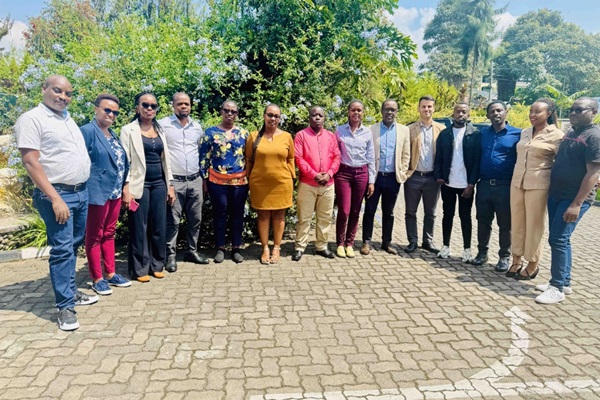
MAFAP team delivers capacity-development training to civil servants in Rwanda
20/06/2024
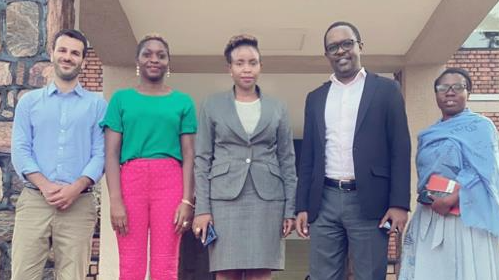
MAFAP team meets with top Rwandan officials to discuss coffee, potato and honey value chains and policy monitoring support
25/07/2023
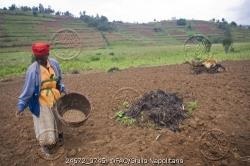
MAFAP supports formulation of Rwanda’s new plan for agricultural transformation
11/07/2018
Publications
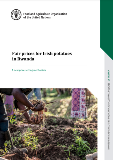
Fair prices for Irish potatoes in Rwanda - A new price-setting mechanism
29/04/2024
Rwanda is home to around 300 000 Irish potato smallholder farmers and is one of the top ten producers of Irish potatoes in Africa, with an estimated...
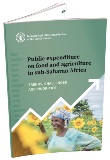
Public expenditure on food and agriculture in sub-Saharan Africa: trends, challenges and priorities
07/05/2021
The report tracks and analyses the level and composition of public expenditure on food and agriculture in thirteen countries in sub-Saharan Africa throughout...
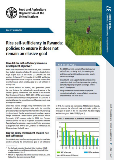
Rice self-sufficiency in Rwanda: policies to ensure it does not remain an elusive goal
20/04/2021
This policy brief presents a snapshot review of how key policies have affected rice in Rwanda in the run up to the Government of Rwanda’s target to...
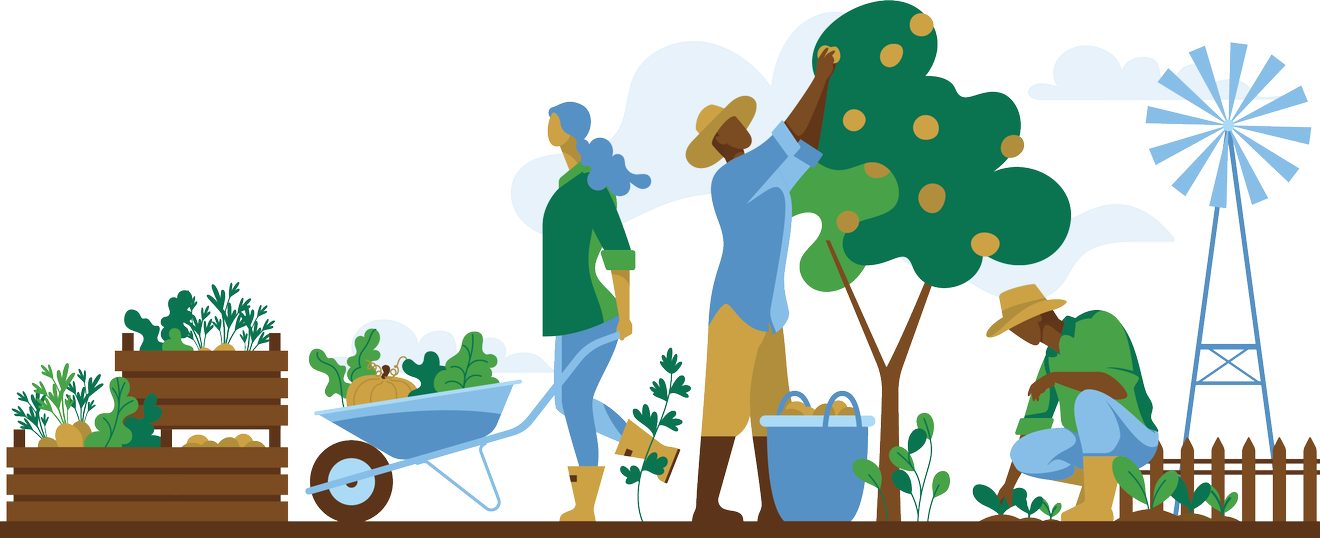
National partners
Useful links
Contact the MAFAP Rwanda team

Davide Del Prete
Economist

Clarisse Mukaneza
Agribusiness Policy Analyst
